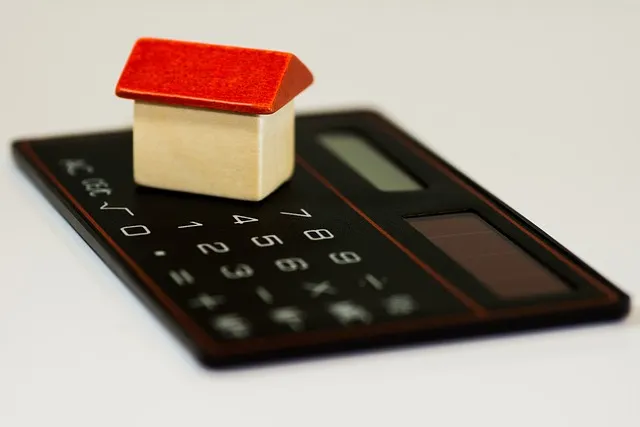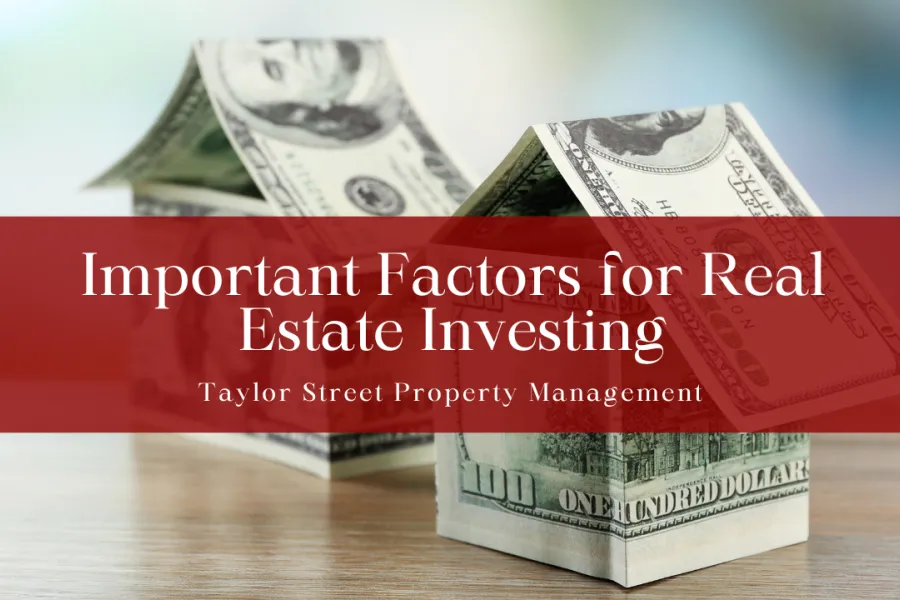Investing in real estate is believed to be a hedge against inflation. After all, even when the economy fluctuates, housing remains a necessity, so real estate often thrives during economic shifts. That being said, it’s important to remember that not all real estate investments are sound. To be a successful real estate investor, choosing your investment carefully is crucial.
Seasoned investors don’t just buy any properties listed on the market. They perform proper research and conduct thorough market analysis to ensure they make the right decision. Consider the following factors when determining whether a particular investment property will be profitable.
Location
When it comes to real estate investing, the location of your investment property can either make or break your profitability. That is why finding the right location should be your top priority. Depending on your chosen investment strategy, finding a suitable location will determine how successful you will become as an investor.
For example, if you plan to buy a fixer-upper to sell right away, you need a location with high demand from homebuyers. If you plan to invest in a long-term rental property, you need to find a profitable rental market where residents prefer to rent instead of buying their own homes.
Alternatively, if you want to invest in a short-term rental property, you’ll need to find a location famous among tourists and travellers.
When finding the right location, we recommend assessing the following:
Safety
Be sure to visit the property, check local crime rates, and tour the neighborhood before buying a property. Tenants want to feel secure and relaxed in their homes, so a property in a safe neighborhood is more likely to attract renters.
Proximity to Amenities
Residents want to stay in a place where they can easily access the services that they need.
You should ensure that medical services, banks, supermarkets, restaurants, and shopping centers are available. Other amenities that you should look for are green spaces, recreational facilities, schools, libraries, and other businesses.

Property Valuation
Before buying an investment property, you have to check the valuation of the property first, as this is important when it comes to financing. The value of the property can affect your listing price or rental rates, insurance, and taxes.
To know the property’s value, you can use the data from the sales of similar properties in the same area. You can also check the cost of land and construction to determine the value of the property. If you intend to rent out the property, check how much income it can earn to determine its long-term value.
Investment Strategy
There are several ways to use an investment property, and knowing what your plans are is crucial for finding the right property to invest in. Some of the most common investment strategies are outlined below.
Buy, Fix, and Sell
This strategy is what most fix-and-flippers do. They buy a fixer-upper, perform the necessary renovations, and sell the property for a profit.
Buy and Lease
This is the most common strategy for property investors. Investing in a long-term rental is a great way to earn lucrative returns. Your target market is semi-permanent residents looking for a place to stay for the long term, usually up to a year or more.
Buy and Offer Short-Term Rentals
With the rise of home-sharing platforms like Airbnb, short-term rentals have become popular among investors and guests from all over the world. With this investment strategy, you’ll likely lease out your property for 28 days or less at a time.
It’s worth noting that some markets may be optimal for investing in long-term rentals, while common vacation spots and tourist-filled areas are great for a short-term rental strategy.

Expected Income and Expenses
To know whether the property will make a good investment, you need to determine its expected income and expenses. This will help you determine if the property will have a positive cash flow. If you plan to invest in rentals, make sure to buy a positive cash flow property so you can recover your money after paying the mortgage and all other operating expenses.
Real Estate Market Condition
Real estate markets fluctuate from time to time. Knowing the overall market condition where you plan to invest is crucial to your profitability. Buying an investment property during a buyer’s market may be a good idea because home prices are usually lower.
That is why it’s essential to be aware of the market trends before you decide where to invest. When studying the overall condition of the market, make sure to analyze the home prices, home sales, inventory, new construction, mortgage rates, rental demand, increase in population, and foreclosures.

Your Cash Reserves
Investing in real estate requires a large sum of money. Even if you plan to acquire a property through a mortgage, you still need to put in a certain amount for a down payment and closing costs. Plus, you may need to spend more on renovations and home improvements to make your property rent-ready.
If you don’t have enough cash on hand, you might have to take out a larger loan. The more money you borrow, the higher the cost of your property acquisition and the longer you’ll have to wait to see a return on your investment.
Conclusion
Investing in real estate is a good idea so long as you do your research beforehand. Be sure to study the market before you purchase an investment property. If you need help managing your rental, contact Taylor Street Property Management today! Our experts will be happy to tell you about our comprehensive suite of property management services.


